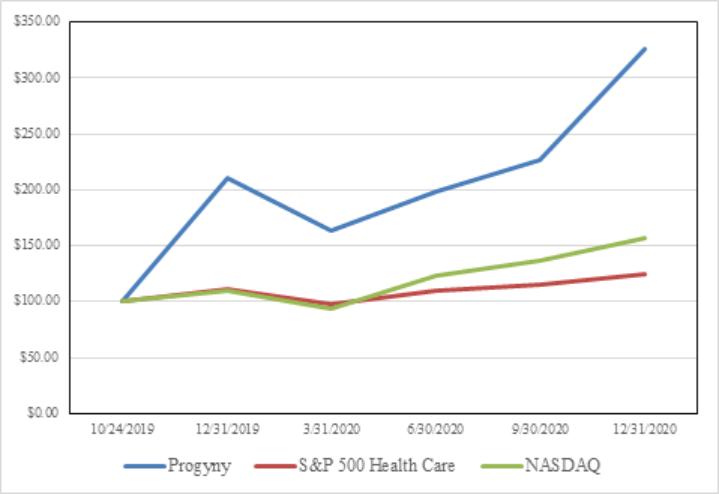national health insurance program for all United States residents, replacing virtually all other sources of public and private insurance, to more incremental approaches, or creating a new public health insurance option that would compete with private insurers. Additionally, proposals to establish a single-payer or government-run health care system at the state level are regularly introduced, such as in New York and California. At the federal level, President Biden and Congress may consider other legislation and/or executive orders to change elements of the ACA. In December 2019, a federal appeals court held that the individual mandate portion of the ACA was unconstitutional and left open the question whether the remaining provisions of the ACA would be valid without the individual mandate. On November 10, 2020, the U.S. Supreme Court heard oral arguments in this matter, and is in the process of reviewing this case. A decision is expected in 2021. On January 28, 2021, President Biden issued an Executive Order that iterates the policy of the Administration to protect and strengthen the ACA, making high-quality healthcare accessible and affordable to all Americans. The Executive Order directs federal agencies to examine agency actions to determine whether they are consistent with that the Administration’s commitment regarding the ACA, and begin rulemaking to suspend, revise, or rescind any inconsistent actions. Areas of focus include policies or practices that may reduce affordability of coverage, present unnecessary barriers to coverage, or undermine protections for people with preexisting conditions. We continue to evaluate the effect that the ACA and its possible modifications, repeal and replacement has on our business.
In the event that laws, regulations or rules that eliminate or reduce private sources of health insurance or require such benefits to be taxable are adopted, the subsequent impact on the insurance carriers and/or self-insured plans may in turn adversely impact our ability to accurately forecast future results and harm our business, financial condition and results of operations.
The health benefits industry may be subject to negative publicity, which could adversely affect our business, financial condition and results of operations.
The health benefits industry may be subject to negative publicity, which can arise from, among other things, increases in premium rates, industry consolidation, cost of care initiatives, drug prices and the ongoing debate over the ACA. In addition, negative publicity may result in increased regulation and legislative review of industry practices, which may further increase our costs of doing business and adversely affect our profitability. For example, PBM programs and drug rebates have recently been criticized as leading to a lack of transparency about the true cost of a drug, and certain members of Congress as well as HHS’s Office of Inspector General, or OIG, have proposed regulatory changes that could potentially affect our business and operations. Negative public perception or publicity of the health benefits industry in general, the insurance carriers with whom we integrate our solutions, our self-insured employer clients, or us could adversely affect our business, financial condition and results of operations.
If our computer systems, or those of our provider clinics, specialty pharmacies or other downstream vendors lag, fail or suffer security breaches, we may incur a material disruption of our services, which could materially impact our business and the results of operations.
Our business is increasingly dependent on critical, complex and interdependent information technology systems, including cloud-based systems, to support business processes as well as internal and external communications. Our success therefore is dependent in part on our ability to secure, integrate, develop, redesign and enhance our (or contract with vendors to provide) technology systems that support our business strategy initiatives and processes in a compliant, secure, and cost and resource efficient manner. If we or our provider clinics, specialty pharmacies or other downstream vendors have an issue with our or their respective technology systems, it may result in a disruption to our operations or downstream disruption to our relationships with our clients or our selective network of high-quality fertility specialists. Additionally, if we choose to insource any of the services currently handled by a third party, it may result in technological or operational disruptions.
In the current environment, there are numerous and evolving risks to cybersecurity and privacy, including criminal hackers, hacktivists, state-sponsored intrusions, industrial espionage, employee malfeasance and human or technological error. High-profile security breaches at other companies and in government agencies have increased in recent years. Despite the implementation of security measures, including steps designed to secure our technology infrastructure and sensitive data, we can provide no assurance that our current technology system or any updates or upgrades thereto, the current or future technology systems of our provider clinics, specialty pharmacies or other downstream vendors, are fully protected against malicious intrusion, malware, computer viruses, unauthorized access, natural disasters, terrorism, war, telecommunication and electrical failures, information or data theft or other similar risks.
